#bearla
Text
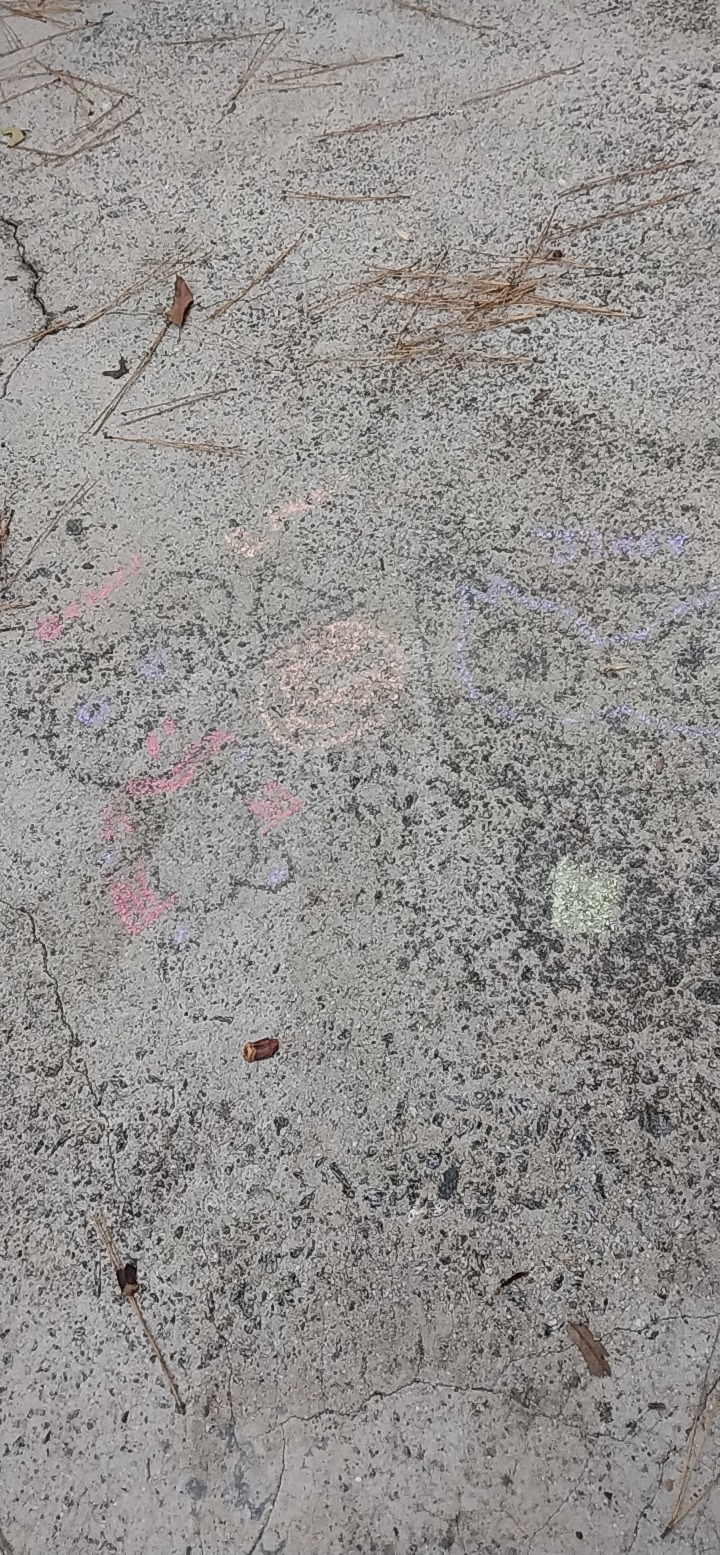
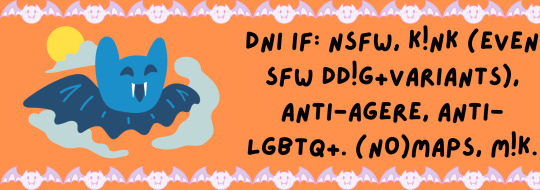
I drew Bearla, Ramona, and jinxy on the driveway
#sidewalk chalk#bearla#vampyre bear#beanie boos#squishaboos#chalk art#kidcore#agere#actuallyautistic#halloween
3 notes
·
View notes
Text


Bearla and I are coloring in the kids menu at Big Bad Breakfast in Chattanooga Tennessee
0 notes
Text
A BUTCHERED TONGUE STILL SINGING HERE ABOVE THE GROUND
#the successor to foreigners god#oh lordy this is making me so emotional#IS FEARR GAEILGE BRISTE NA BEARLA CLISTE#hozier
113 notes
·
View notes
Text
I have 4 comfort plushies that get to stay in my bed all the time while the rest have a rotation chart of 3 different ones every night since there's so many of them, sometimes I wonder if the other plushies are jealous of the ones that get to stay up there.
#I love all my plushies so much#they are so silly#btw my comfort plushies are#Bearla(A build-a-bear bear that I got in a special place)#Scout the dog(Childhood nostaglia and has bedtime music)#Sylvia(One of those long cat plushies)#Elmo(An Elmo pillow pet for when it's too dark even with LEDs)#plushies#stuffies#stuffed animals#plush toy#wondering if I should tag agere since it relates to my agere#sure I'll tag it#agere#age regression#sfw agere#age regressor#comfort#the world is a scary place#sometimes I need my plushies#thoughtfulwaffles#yall if you got to the end of this congrats!! as a reward#go to @bundlesofblankies#that's me#just don't tell anyone#it'll be our little secret#buh
22 notes
·
View notes
Text
Tá siad ag caint as gaelige san eipeasóid nua de Derry Girls 🥰🥰🥰🥰🥰
#my gaelige is so bad but ya know#gaelige bríste nó bearla clíste#also idk if any of u even watch Derry girls#but the gaelgoirí made me happi#even if it was Donegal Irish and I thought she said dreolin when she said diabhal#anyway that’s my Derry girls rant over xo
7 notes
·
View notes
Text
my dearest tumblrinas, halloween enthusiasts, and childhood beanie baby collectors.....
behold:

HER
#got this little cutie yesterday. named her carmilla#okay to reblog#if youre looking to buy her the name on her tag is 'bearla'
3 notes
·
View notes
Text
call me mr languages the way im languaging < downloaded a pdf of the hobbit as gaeilge to read at. some point
1 note
·
View note
Text
Tá 'speak your language day' inniú. Is bearla é mo chead teanga ach is breá liom gaeilge. Tá sé an-tabhacht i mo shaol agus níl mo gaeilge go hiontach ach úsáidím sé gach lá.
#gaeilge#except its my really shitty version#sorry to fluent gaeilgoirí#and sorry for my spelling#speak your language day#is seachtain na gaeilge an seachtain seo i mo scoil#chomh#tír gan teanga tír gan anam ✌
25 notes
·
View notes
Text


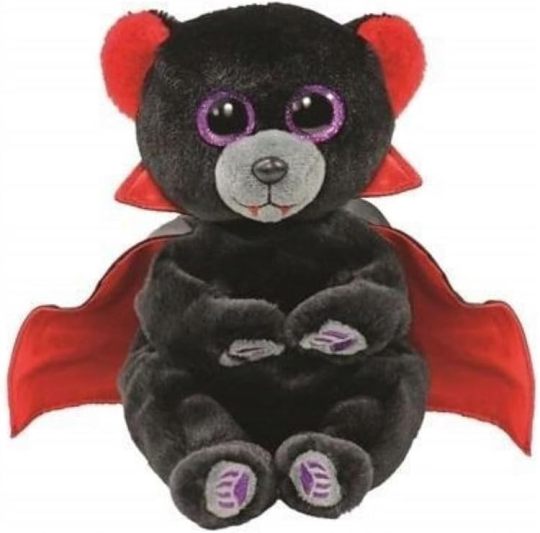



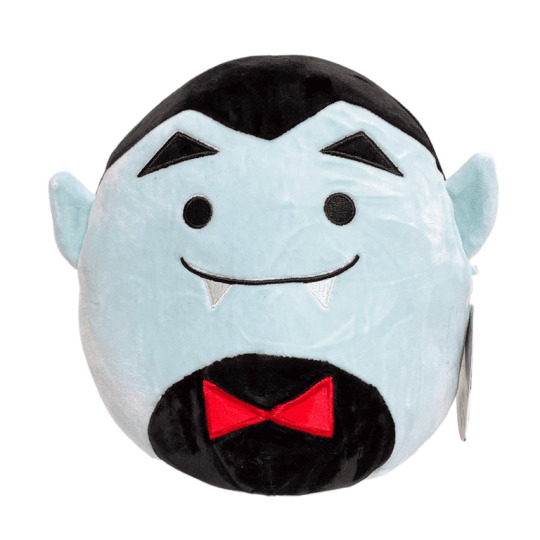



Vampire Plush Toys
Squishmallows Vlad The Vampire
Athoinsu Halloween Vampire Cat
Ty Beanie Baby Bearla
Aurora Palm Pals Victor The Plush Vampire
Plushibles Viktor Vampire Cat
Squishmallows Hug Mees Halloween Vince The Vampire
Squishmallows Halloween Squad 8 Drake the Dracula
Squishmallows Tally The Vampire Cat
Little Monsters Dracula Dog Toy
Squishmallows Cam The Cat Vampire
#ty beanie baby#athoinsu halloween#aurora palm pals#plushibles#little monsters#squishmallows#vampires#vampire toys#plush vampires#vampire plushies#cute as hell#i want them all#some of these are so fucking expensive!
41 notes
·
View notes
Text
“So uhhh the suffering of being irish and having little connection to your own language or culture, ammirite?” The Poem
I will bite the hand that feeds me
Knowing I cannot feed myself
Knowing I would not survive without it
I am a caged beast
Ainmhe mé
Ainmhe alta
Ní fhacaím na teocrasa
Ní thuigím saoirse
Táim tuirseach
Ní thuigim
Níl fhios agam
Tá brón orm
I will bite the hand that feeds
Is aoibhinn líom gaeilge
Tá brón orm
Rinne mé gnáthlebheil
Ní thuigim
Is fuath liom bearla
Ach
Ní thuigim mo teanga mhathair
I will bite the hand that feeds
And leave my scars le mo fheacla
Because I refused to snarl
In the language it taught me
Thuigím
Is cuibhinn liom
Tá fearg an domhann orm
Ach níl mé ábalta caint i ngaeilge
Níl mé ábalta caint i mo teanga féin
#irish#irish poetry#gaeilge#as gaeilge#filíocht#colonisation be like#cultural and linguistic errasure be like#i am so angry at the queen#lizzie's in a box#queer and irish#poetry#non-english poetry#bilingual poetry
221 notes
·
View notes
Text
I still desperately want to write a Star Trek fic entirely as Gaeilge at some point (for an audience of???) where Molly O'Brien goes to the Gaeltacht for a summer, but níl mo chuid Gaeilge ró líofa na laethanta seo and unfortunately I am vain enough about mo Bearla cliste to be very embarrassed by mo Ghaeilge briste.
24 notes
·
View notes
Text
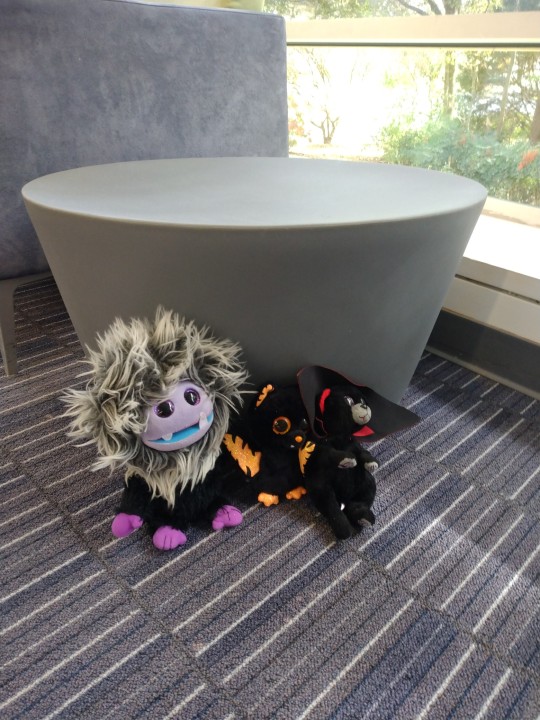

Me and my friends r at the library 📚
2 notes
·
View notes
Text
Fuar an Ocras
Bhí mé sa foraois sean
Áit fuar an ocras bí
A fiacla go leor ag greim
Mo riocht le ciúin faoi
An sneachta coimeád thit
An oighear ag bris mo féith…
Mo críoch thaggan anois
Agus mothaigh mé gach noimead.
As Bearla (In English)
(I was in the old forest
Where the hungry cold lives
Its many teeth biting
My quiet body
The snow keeps falling
The ice breaks my veins
My end is now
and i feel every second)
------------------------------------------------------------------------------
A little poem As Gaeilge i had to do for class, was kinda happy with it so i thought id share here too :>
Unfortunately, it loses its rhyme scheme in English :<
#poetry#poem#my poetry#irish poem#irish poetry#irish#winter poem#cw death#cw freezing#idk if thats a thing but ill put it in anyway ig
15 notes
·
View notes
Text
A Ramble about St. Patrick's Day, Irish identity/diaspora & colonization
Dia duit! Cal is ainm dom. Labhraim Bearla ach táim ag foghlaim Gaeilge. Sláinte!
hope that was legible (and that I didn't just embarrass myself in front of fluent Irish speakers..).
it being st. patrick's day, I was having some thoughts, and I've been trying to figure out what I want to say.
after once thinking st.pat's was nothing more then a throwaway holiday for drinking, now, after delving into my family genealogy and therefore into irish history/identity, I'm one of the people who I'm sure are pissed that a holiday meant to celebrate irish identity has been dwindled into nothing but stockphotos of leprechauns and drinking till you black out.
one could argue about how heavy drinking has been weaponized as an anti-irish sentiment for years, but I digress. instead, I would encourage anyone listening to learn a bit more about irish history beyond the stereotypes, and especially if you have irish roots yourself! irish immigrants carried this holiday and their irishness across waters, but overtime, for some that identity and cultural tie has been thinned.
identity is huge in a person's life, and for me, I've always been curious as to where I come from. I've been thinking a lot lately, about how there's this unspoken gap within the diaspora of north american white people (this really interesting post sparked it) when it comes to cultural identity. the majority of us would state first that we are canadian/american, but for some, unless you are indigenous, you have no other ties. I've always wanted to feel that - to know where my roots are, to know that my ancestors once had a language they taught their children, a shared dish, a way of dance. something that belongs to you. it's key to know where you come from, and some people on that that post were saying they come from nowhere - that is not true! my friend, you come from somewhere! your ancestors had traditions and dishes and loving terms of endearment in their own tongue, that they passed down for generations and maybe hoped, it would reach you. you have roots, friend; ancient ties came before you, and they're ready to be picked back up if you wish.
my irish roots come from my father's father's grandmother. she carried the name phelan - o’faolain, which loosely means wolf. the name carries all the way back to the ancient names of ireland, to the decies, before the normans arrived. before we even dated the year with four digits. once from the waterford area, later many moved up to kilkenny - the very place my irish ancestors lived before they immigrated in the 1800's.
anyone who's looked into irish history, knows it's both beautiful and tortured. there's a lot of suffering from colonization and other tragedies that's still felt today, but there's more to learn then that. after always assuming I was bad at languages, I'm now four months into irish lessons and am learning lots! and as of last week, have ordered my own bodhram, or irish drum, with hope I can learn to play it (it's got this sick ass celtic dragon on it too). I can play it, knowing people with my cultural ties have long enjoyed tapping their toes to it's jigs, and I can (clunkily) speak the tongue, knowing it carried my ancestors for eons.
this is a great time, to reignite roots if you wish. and a great time, to know that the irish are more then the horror handed to them or the lucky charms mascot in a pot of gold.
HOWEVER,
I would feel it wrong without noting what learning about irish history has given me - and that's a deeper understanding of colonization. it would be a disservice, to celebrate my ancestors and the people who survived it, while an active genocide is going on in gaza right now.
while the minute details sometimes may be different, what I can see now, is that regardless, colonization is the same anywhere you look. the people in gaza are starving now just as the irish did over a hundred years ago - by their oppressors danging the aid they need out of reach. entire family lines have been wiped out in gaza, and right now, remnants of bones of whole irish families taken by starvation lay deep in the ground. reports of gazans left to eat nothing but animal feed, the same starvation that drove irish families to scavenge for seaweed by the shore. this isn't even to mention the troubles and irish fighters gunned down by (british) forces similar to palestinians being gunned for daring to fight for their independence; or northern ireland, irish land stolen by the british just as palestine was stolen by israel. while not wanting to center western views, there's a reason you see irish flags at palestinian protests. the leftovers of colonization don't magically disappear and a people simply don't forget.
and let me say right now - my ancestors and their people didn't survive those horrors just to allow it to happen to another. I and many others in the diaspora are here bc by chance, our ancestors survived; gazans should not be having to put their lives at the same gambling table. 31,000 deaths as last checked, and many families are already lost - this needs to stop now.
you can donate to the PCRF (aid for children) and UNRWA, who've been delivering aid on the ground. there's also e-sims you can buy to help gazans connect to their loved ones and get help. and if you're truly broke and/or simply cannot, there's daily clicks to generate aid.
Happy St. Paddy's and Phalaistín saor in aisce!
#st patricks day#st paddys day#irish solidarity with palestine#ireland#palestine#cultural heritage#ps if anyone has the link to the spreadsheet of gofundme's pls link it I couldn't find it#also I wanted to say bc I couldn't fit this in the text#that I recognize that though irish immigrants often came fleeing from their suffering at home#it aided in the displacement and colonization of indigenous people#either through direct choice or by powers governing it#and so to any indigenous people reading this: I respect that#and agree that the irish also have to recognize their role in oppressing others often people of colour#it's all never straightforward#anyways enjoy this ramble
4 notes
·
View notes
Text
Bearla the Vampire Bear
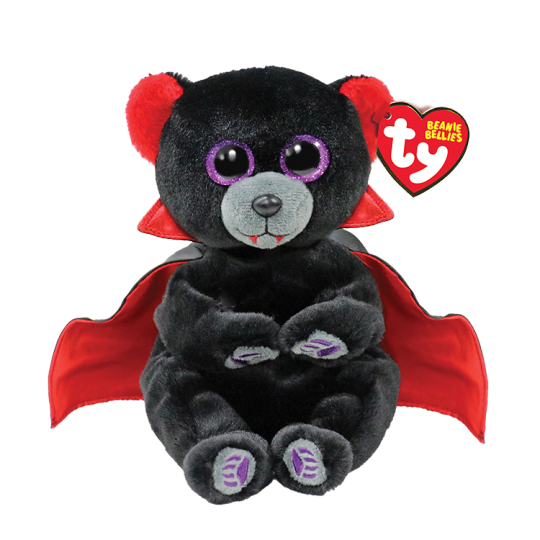
Born October 31
Vampire bears are very rare.
You had better just beware.
Theres no telling where Ill be.
You cant get away from me.
"With this little vampire bear, it is always love at first bite. Do not worry though, Bearla does not bite! The two of you will have a fang-tastic Halloween together!"
- shop.ty.com description
I'm not sure what to make of that description lol. Will we not love each other?
#my collection#beanie babies#beanie baby#plush#beanie bellies#bear#halloween#vampire#october birthday
13 notes
·
View notes
Text
Day 11: Simple Phrases
I have decided to read the lesson aloud so you can hear how the words are said as I do not know IPA and trying to spell the words out phonetically was not working. If you would prefer I used to format of "[Irish], [English], [Irish but slower]" for the words/phrases, just say so.
Tags: @bella-daonna @rusalkaandtheshepherdgirl @unseeliethot @charlataninred @grimalkinsquill (ask to be added or removed0
Written version below the cut
A short prologue: First of all, I am not a fluent speaker. Although I am not that bad at gaeilge, I am in no way, shape, or form a gaeilgeoir. This is all fairly basic information, but I am not completely immune from making mistakes.
Second of all: Irish has three main dialects, Ulster, Munster, and Connacht. I was taught through the school system by people from all over the country, and my dialect is somewhat like patchwork. If you, or anyone else, pronounce words slightly differently than I do, it's probably because we’re speaking different dialects, and that's fine.
Third of all: while Irish uses the latin alphabet, it is unfair to assume it obeys by the same phonics as English. The most glaring examples of this are fadá, or these things áéíóú. Fadá [lit. long] lengthen vowel sounds turning ah (a) to aw (á) and so on so forth. Also, if a consonant is followed by a h, then one exhales a little harder when saying the consonant, therefore softening it. The most obvious appearance of this is “bh” which makes a “v” sound. Or a “w” sound because most consonants make two different sounds depending on the vowels around it, which we shall not get into today.
The first thing you need to know in any language is how to say hello. In Irish, the most common greeting is “Dia duit”, which is literally “God be with you”. However, if someone greets you with dia duit, the way you respond is “Dia is Muire duit” [lit. God and Mary be with you], and as the third person greeting you reply with “Dia is Muire is Padraig duit” or you can replace Padraig with any saint of your choosing. However if you are talking to a group larger than that you can use “Dia diaobh”.
Some more informal greetings include “Haigh” which means hi, or “Aon sceal?” which means “any stories” and is basically what's up. You can also skip straight to asking how someone is.
“Conas atá tú?” is “how are you”, to which you can answer “Táim go maith,” or “Táim ceart go leor” which are “I’m well” and "I'm alright” respectively. You can reflect any question asked of you with a good “And you?” which is “Agus tusa?”
If you are asked your name with “Cad is ainm duit?” you can respond with “____ is ainm dom” for “my name is____”. If you are taking the initiative to introduce yourself without being asked, you can also use “Is mise ____” which is “I am ____”.
The basis of saying goodbye is the word “Slán”, which is derived from sláinte (health), so it is wishing someone good health. However, most people either say “Slán leat” or “slán go fóil” which are “heath be with you,” and “goodbye for now”. Which variation you use is completely up to you.
You probably already know that Éire is Ireland and gaeilge is the Irish language. So a Gaeilgeoir is someone who is fluent in Irish, a gaeltach is an area where people speak Irish in day to day life, and a gaelscoil is a school where everything is taught through Irish. It is also handy to know the word for English: bearla. So “As gaeilge” and “As bearla” are “in Irish'' and “in English” respectively.
You will always need a few bits and bobs words when you’re starting out. “Agus” is “and”, “nó” is “or”, and “ach” is “but”. You can do a lot in this world with three good conjunctions. Please is “le do thoil”, and thank you is “go raibh maith agat”. You will see “Fáilte” in a lot of tourist destinations, as it means "welcome”. And “Slainte!” is “cheers,” which we saw above also means health.
Finally, while you may be happy to tell people “Tá cupla focal agam” meaning “I have a few words (of Irish)”, there is no shame in saying “Ní thuigim” or “I don’t understand”, or asking them to repeat “as bearla, le do thoil”. Learning new skills is admirable and most people understand that.
I want to also do a seanfhocail a day, for fancy points. Seanfhocail are idiomatic phrases, and literally means “old words”. Today’s seanfhocail is the classic: “Níl aon tinteán mar do thinteán féin” which is “There’s not hearth like your own hearth” or “There's no place like home.”
See you tomorrow for everyone’s favourite: mutations (urú agus séimhiú)! Slán libh!
#Were in it properly now#is mise an crann#snag 2023#scheduled post#gaeilge#hmmmm I should probably have a non-singing voice tag#egg kointa#<<< talking#sorry for talking really softly#it was late#also if can hear my dog im also really sorry#the stammering and umming and ahing is unavoidable
10 notes
·
View notes